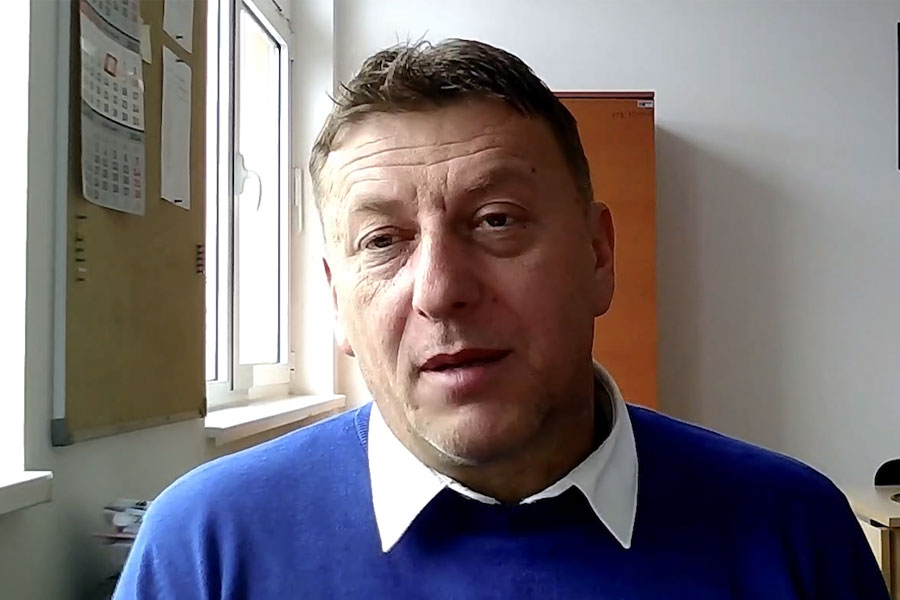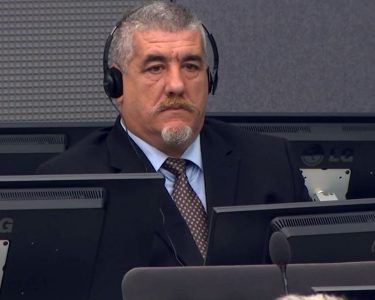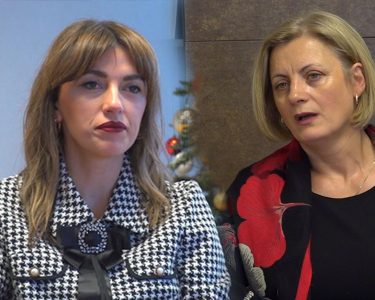The number of prosecutors for the investigation of war crimes in Kosovo should be doubled, since the current number cannot respond to the cases submitted. This is what the head of the Sector for Investigation of War Crimes in Bosnia and Herzegovina, Ivan Matesic, thinks. From the experience of his country, he estimates that the Prosecutor’s Office in Kosovo should not request to interview the witnesses several times, because they are traumatized by what they have seen. In the interview for KosovaPress, he talks about the trial in absentia and the effects it will have on the disclosure of war crimes in Kosovo. Likewise, the chief prosecutor of war crimes indicates that there are 45 prosecutors in Bosnia working on war crimes cases.
The deputy chief prosecutor of the Prosecutor’s Office of Bosnia and Herzegovina, Ivan Matesic, talks about the experience of this country in the investigation of war crimes, where he says that after this period, statements were taken from witnesses, material documentation was collected and then numerous criminal charges were filed.
War crimes proceedings, as he shows, are also done at the cantonal levels. In all of Bosnia and Herzegovina, Matesic says that there are 45 prosecutors who deal with the investigation of crimes committed 30 years ago.
The head of the Special Department for Investigation of War Crimes in Bosnia and Herzegovina states that over 80 percent of the indictments have ended with guilty verdicts.
Almost every third indictment, Matesic says, is for sexual violence, where surviving women still continue to testify under conditions of anonymity.
As he talks about the witnesses, he says that many of them have died and some of them have even begun to forget. At this point, Matesic advises the Specialist Prosecutor’s Office in Kosovo not to invite them to interview too many times.
The head of the War Crimes Investigation Department, Ivan Matesic, considers that the number of prosecutors in Kosovo dealing with war crimes is not sufficient.
He adds that Bosnia can help Kosovo in sharing the experience for the investigation of these crimes, while he considers that there are prosecutors of this department who work for 17 years only in the investigation of these cases.
Recently, the first trial session in absentia was held in Kosovo. Matesic comments on this process, which he thinks will have an effect on the establishment of justice.
The institutions of Kosovo from UNMIK and EULEX have inherited about 900 cases and another 2 thousand for the missing.
In the last war in Kosovo, more than 13,000 civilians were killed and massacred, 20,000 women and men were sexually violated, and while more than 1,600 forcibly disappeared people are still missing.








